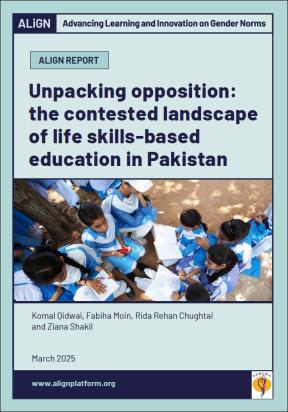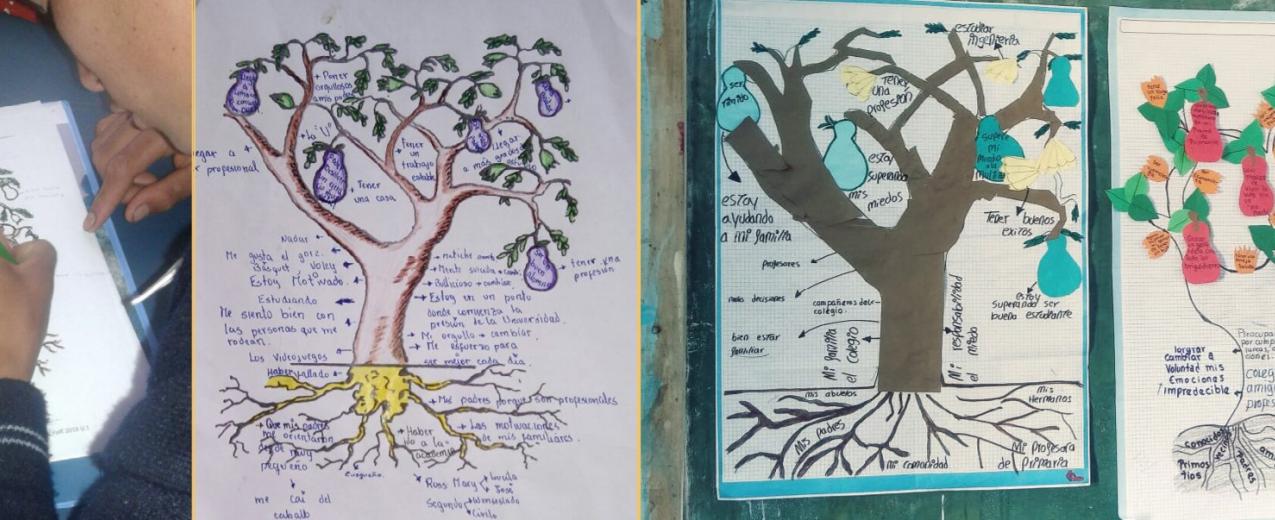
- Blog
- 9 December 2019
The ALIGN Research Fund: six fund ‘winners’ showcase local action to challenge gender norms
- Author: Paola Pereznieto
- Published by: ALIGN
So many small organisations across the Global South conduct research and undertake interesting work to change discriminatory gender norms. Yet they rarely get the chance to expand the reach of their knowledge and findings, or receive the support they need to produce outputs that will capture the attention of a global network of researchers, practitioners and policy-makers.
The Align Research Fund aimed to give them that chance. It identified and supported knowledge generation and translation that boosts our understanding of the discriminatory gender norms that shape the lives of adolescents and young adults and showcases workable solutions. It offered a type of funding that is particularly hard to come by: small amounts of money for small and innovative research projects.
This blog outlines how the six fund award winners in 2018 have used their funds over the past year to highlight and challenge discriminatory gender norms.
The Fund winners
Five of the six were small organisations that used their grants to conduct action research projects or evaluations of programmes that have implications for gender norms. The sixth, Coffey International, used the funding to synthesise lessons from their multi-year evaluation of the Girls’ Education Challenge, exploring how small-scale education interventions have contributed to discriminatory norm change.
The Research Fund supported grantees for nine months to a year, providing technical support that sometimes included contributions to research design or peer review. Three grantees – the Visionaria Network in Peru, MEXFAM in Mexico and Coffey International Development, focused on education and presented their findings at a roundtable during the 2019 Comparative and International Education Society (CIES) Conference in San Francisco. At the event, we exchanged ideas and collaborated on a short video that summarised the work of these three research projects.
First, Paul Spurzem and Paola Saldivias of the Visionaria Network in Peru presented findings from the participatory research project ‘Projecting Futures’, funded by ALIGN, which explored whether the network’s Visionaria for Schools (VfS) programme had helped to modify adolescents’ gendered perceptions and behaviours. The research found that while traditional gender norms contributed to marked differences in expectations for and by students, VfS has enabled students and teachers to reflect more consciously on gender norms and has given participants a stronger sense of decision-making autonomy. The project concluded that lasting change requires clear and consistent educational policies on gender and gender equality and that educational institutions need support to enhance their understanding of gender bias through, for example, teacher training and lesson plans. The Visionaria team is using the findings to engage local policy stakeholders and education decision-makers, aiming to embed a gender perspective in the local curriculum.
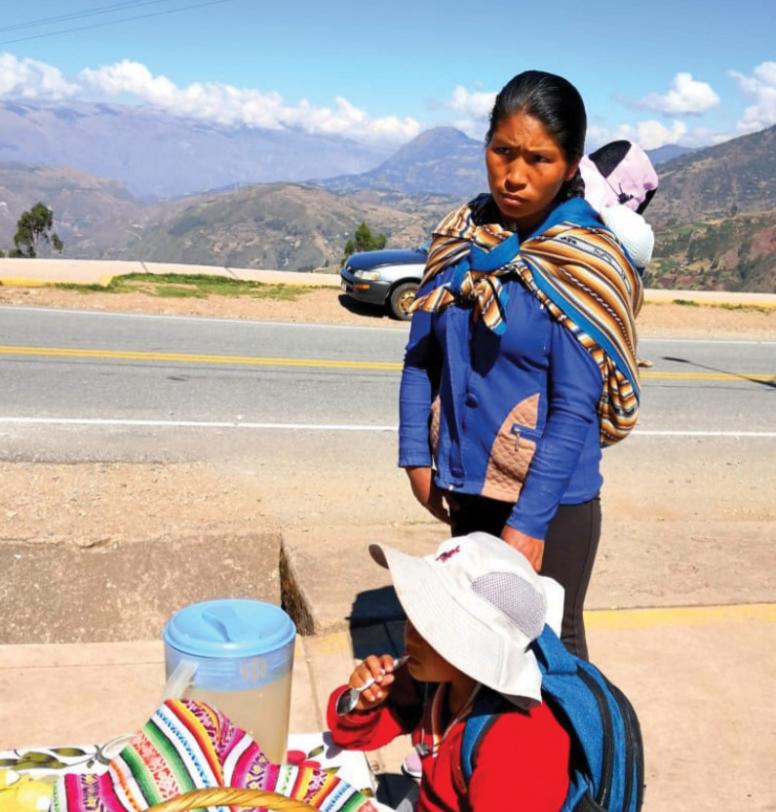
Second, Angelica Ortiz from the Fundación Mexicana para la Planeación Familiar (MEXFAM) presented the findings of an ALIGN-funded evaluation by Shelly Meklaff of the London School of Hygiene and Tropical Medicine of an innovative comprehensive sexuality education (CSE) education curriculum that was tested on students aged 14 to 17 in Mexico City. The evaluation found that CSE may help prevent intimate partner violence (IPV) among young people by addressing the harmful gender norms that perpetuate inequitable relationships and violence. The 20-hour curriculum by MEXFAM covers a comprehensive set of topics and is implemented by well-trained health educators. The findings suggest that this kind of comprehensive sexuality education can be an effective and feasible strategy to prevent and respond to intimate partner violence among young people, in part by helping to shift gendered attitudes and social norms.
Third, Sophie Amili from Coffey International Development presented a meta-evaluation of Global Education Challenge (GEC) evaluations and project data on girls’ education projects. This showed that GEC projects identified norms that limit girls’ enrolment, attendance and learning in school, such as expected family duties and lack of opportunities to participate in class. GEC projects aimed to change these norms by targeting girl students through clubs and mentoring activities, parents through awareness-raising activities (such as household visits and parent groups), teachers through training, community members through media campaigns, and traditional leaders through consultations and sensitisation. The meta-evaluation found that projects reported more success in minimising the impact of norms on girls’ education than in changing the norms themselves. There is also a risk that changes may not take hold without continued reinforcement. The analysis concluded that gender norm change in education should be matched by systemic investments in education to ensure both quality and access.
The three other grantees worked on gender norms in adolescent health, higher education and education in religious schools. They were the SIDRA Institute in Somalia, and two grantees in Indonesia: Yayasan Aliansi Remaja Independen (ARI – Independent Young People Alliance) and the Education Quality Improvement Consortium (EQuIC).
The SIDRA Institute in Somalia studies norms that govern the access of young women to academia and higher education in Puntland, Somalia and ways to support that access. The project used digital tools – particularly social media platforms – to explore these norms and their impact on women’s experiences of gender bias and stereotyping in their academic careers. Women participating in the project communicated online in a Community of Practice forum and through their stories. In addition to a qualitative-research based mapping of barriers, SIDRA identified patterns and common issues that illuminate the challenges women face in academia and in research, from social and cultural practices such as early marriage and female genital mutilation, to deeply held beliefs that only men should pursue a career within academia. SIDRA is using the study findings to engage with education authorities in Puntland to support pathways to higher education for women.
Young researchers from Yayasan Aliansi Remaja Independen (ARI) , a youth-led research organisation in Indonesia, examined whether Indonesia’s Youth Friendly Health Services, which are meant to be implemented in health sector community clinics, are truly youth friendly. It explored whether providers expressed negative gender bias toward young people who had specific gender-related questions or needed information on sexual and reproductive health. The research revealed barriers faced by adolescents trying to access adolescent-friendly health services, including inconsistent and inconvenient operating hours and a lack of staff who were trained to provide such services. Many adolescents reported verbal abuse, judgement and stigma from health providers and support staff due to gender bias, as well as belief that youth are unable to make decisions about their own health issues. This was particularly true for girls trying to access services related to contraception and unwanted pregnancies. The study recommends that adolescents should be involved in the planning, monitoring and evaluation of the programme to ensure better service provision and uptake. ARI will use the findings to engage with health authorities.
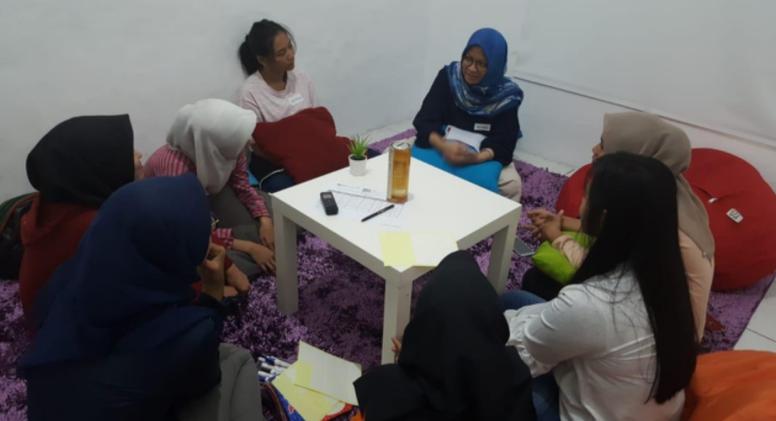
The Education Quality Improvement Consortium (EQuIC) in Indonesia conducted an action research project that provided training and mentoring on gender- equitable teaching practices in nine Islamic secondary schools in rural South Malang, an area where there is minimal government intervention to improve education quality. In these schools, where religious teachings and texts are interpreted in a male-dominated context, girls are rarely encouraged to fulfil non-traditional roles and are expected to be more timid but more diligent than boys. This shapes the way they are treated by teachers. EQuIC’s training increased knowledge and changed individual behaviours. Some school managers, for example, realised that corporal punishment is not acceptable and now use non-violent forms of discipline. However, EQuIC’s training did not achieve changes at the organisational level: gender-sensitive pedagogies and practices in schools did not have the expected impact, particularly on school policies. While most teachers and school managers did recognize the gender gap in class participation – the only dimension of gender inequality that they noticed – they did not see this as a big issue.
The results
While the results from our six grantees differed, they have all made a valuable contribution to the global knowledge base on gender norms. As a result, the Research Fund was a successful initiative that gave them the chance to deepen their research focus on gender norms, to sharpen their research and analysis on the issue, and to generate policy briefings of a high standard and relevant content, which are now available for global audiences through the ALIGN Fund and its network partners.
Find out more about the funds and read the policy briefs for these six research initiatives.
About the author

Her expertise in the design and use of quantitative, qualitative, participatory and mixed methods research and evaluation has enabled her participation in a number of interesting projects, generating evidence to inform policy and programming in a range of developing countries.
Her current research focuses on discriminatory gender norms, particularly with regard to girls’ education and sexual and reproductive rights; gender and child-sensitive social protection; youth economic empowerment and livelihood opportunities; multi-dimensional childhood poverty; social service access and barriers for excluded populations, including persons with disabilities and refugees; and innovative evaluation methodologies to asses contribution. She was the ALIGN Fund’s Technical Manager during 2018 and early 2019, providing research and analysis support to grantees.
Related resources
2 November 2020
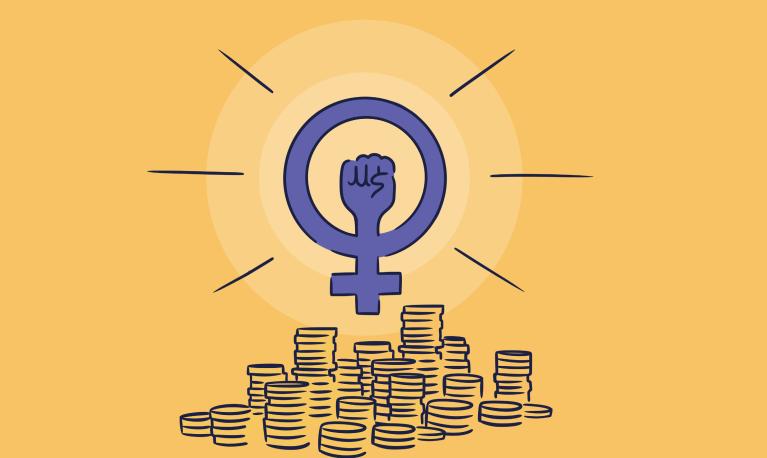
ALIGN's micro-grant scheme provides small funding grants to individuals and organisations with the aim of generating new research, synthesis and brokering to better understand various aspects of…
Report
14 April 2025
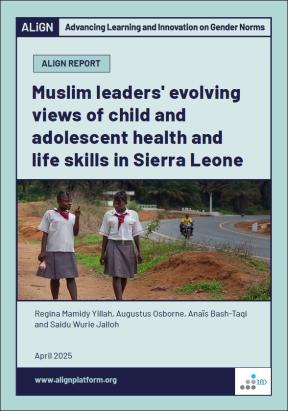
Report
26 March 2025
